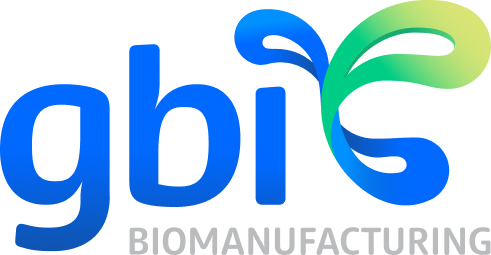As we approach the anticipated CPHI Barcelona Conference, industry leaders and innovators are buzzing with expectations. All are trying to keep an eye on the evolving trends in the pharmaceutical industry. I’d like to share three (3) predictions for the discussions that will shape the conference.
1. Clients Looking into BLA Considerations for Biologics Commercial Launches in 2024
With the US market being a critical arena for biologics, we can expect a comprehensive discussion around strategic approaches tailored for the region. Key topics will include the nuances of dealing with Drug Substance (DS) and bioconjugation BLA activities. The agenda is likely to gravitate towards optimizing processes, ensuring compliance, and setting a clear roadmap for Biologic License Applications (BLA) to gain a competitive edge.
A critical phase in BLA considerations, process characterization and validation will take center stage. Emphasis will be on the tools and methodologies adopted for ensuring reproducibility, consistency, and efficiency of biologic processes. As biologics are inherently complex, strategies that can simplify and streamline their characterization are bound to be a focal point.
From initial drug discovery to the final commercial launch, analytical considerations play an indispensable role. Expect a deeper dive into best practices, pitfalls, and state-of-the-art technologies that can expedite Investigational New Drug (IND) applications and subsequent BLA submissions.
2. Future of Upstream Cell Culture Technology
Given the rapid advancements in biotech, it’s no surprise that Upstream Cell Culture Technology will be a hot topic. With a shift towards automation and the incorporation of Artificial Intelligence (AI), the conference will likely address bioreactor (BRX) technologies. Topics will span from laminar flow, AI-aided image analysis, continuous manufacturing, process intensification, to the promising realm of 3D manufacturing.
Traditional monitoring methodologies are paving the way for more sophisticated, real-time solutions. The future, as predicted, lies in untraditional sensors that can provide a more in-depth analysis of cell cultures. The integration of AI and Machine Learning (ML) for real-time monitoring will be a game-changer, offering insights previously deemed impossible.
3. Evolution of Bioconjugate Molecules
Bioconjugate molecules, having demonstrated tremendous potential in therapeutic and diagnostic applications as well as undergoing rapid advancements. Predictions lean towards significant revelations in the spheres of payloads, linkers, and the procedures that bind them.
The versatility of antibodies will be showcased as we delve into their conjugation potential, with a variety of molecules, from drugs and chelators to RNA and polymers. This combination is the next step in designing more efficient, targeted therapies.
With the complexities that come with bioconjugate molecules, the need for a sophisticated supply chain becomes paramount. Expect discussions that revolve around the optimization of supply chains, ensuring the timely and efficient delivery of these high-potential molecules.
In Conclusion
The CPHI Barcelona Conference promises to be a melting pot of ideas and strategies. While predictions can provide a glimpse, the real excitement lies in witnessing these forecasts come to fruition. See you in Barcelona & click here to book a meeting with the GBI team!

Nick has a track record of developing partnerships with pharmaceutical and biotechnology executives to support the biologic CMC activities required to support their clinical trials and hit development milestones. With a background as a bench scientist specializing in manufacturing scale-ups, Nick brings a unique skillset that bridges the business and technical communications between GBI’s team and external stakeholders. Nick’s recent experience involved business development roles for Tokyo Chemical Industry and Cytovance Biologics. He has a B.S. in chemistry and an MBA from the University of Massachusetts, Lowell.
